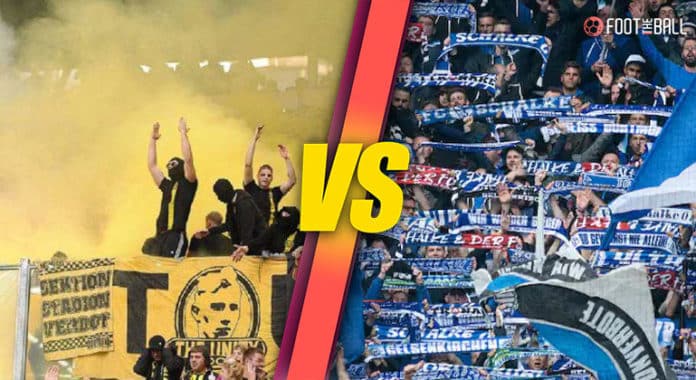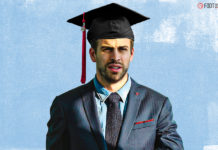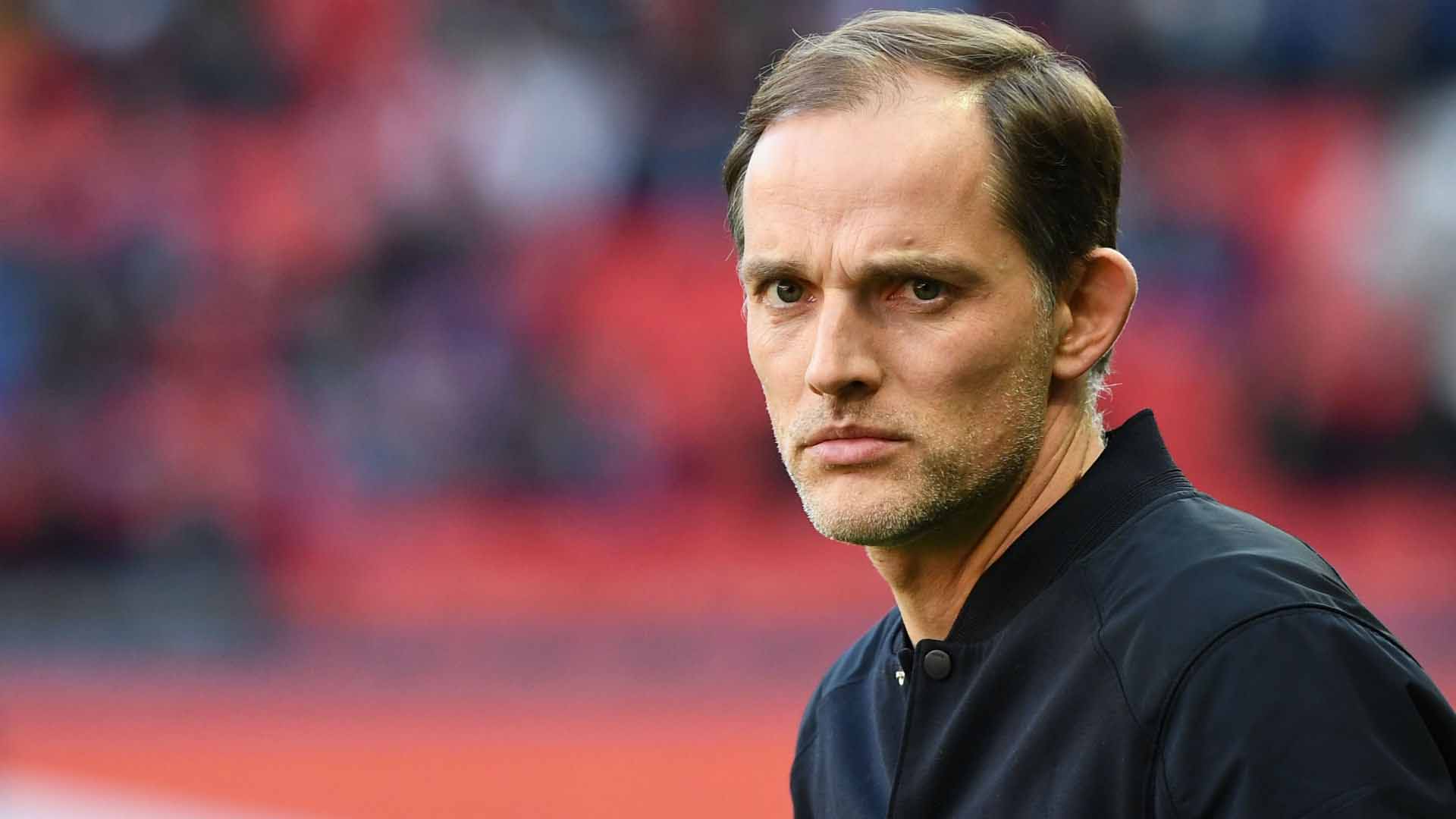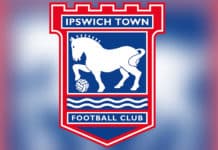It may not have quite the international prestige of its counterparts in, say, Manchester or Milan, but it undoubtedly carries the same weight with the hardcore fans of both clubs – and means more to them than any other fixture on the football calendar – The Revierderby.
While they might not necessarily like to admit it, Dortmund and Schalke actually have a lot in common: geography, obviously, but also roots in the coal and steel industries and a striking similarity of their fan bases. It is one of the fiercest rivalries in world football as two of the game’s most passionate sets of fans vie for local bragging rights in Germany’s industrial heartland.
While religious, economic and political differences spice up other derbies, the Revierderby is split simply across one divide: Are you Black-and-Yellow or Royal Blue? There is no middle ground. Outside Germany, it is often referred to as the Ruhr derby.
64 days to World Cup and Marco Reus gets his ankle injured…
Football can be cruel 😵#Dortmund #Bundesliga pic.twitter.com/zPo01f8HWW
— FootTheBall FC (@FootTheBallFC) September 17, 2022
What is Revierderby?
The match between Borussia Dortmund and Schalke 04 is also known as “Revierderby ”. In fact, the distance between Dortmund city and Gelsenkirchen city (where Schalke 04 is stationed) is only about 30km. Both the cities are in Ruhr, a famous industrial area in Germany. A number of other professional teams hail from the wider region, but they have to make do with the tag ‘minor Ruhr derby’ for their various head-to-heads.
Why Dortmund vs Schalke is called Revierderby
Other than their proximity, there is no particular trigger for a rivalry which, if anything, has only intensified over the years for two sets of fans who basically like nothing more than to give each other a good pasting.
Schalke’s last league title came in 1958, meaning they are yet to be crowned champions in the Bundesliga. It’s a wound Borussia fans particularly enjoy rubbing salt into, especially after a derby victory in 2007 denied the Royal Blues that potential maiden Bundesliga crown.
Indeed, a predominantly working-class demographic defines the bulk of the support of both clubs. Dortmund’s Signal Iduna Park boasts a higher capacity than the Veltins Arena, but Schalke’s membership numbers comfortably outstrip those of their Schwarz-Gelben neighbours.
History of Ruhr Derby
The rivalry began with a 4–2 Schalke victory on 3 May 1925. Schalke’s style of play at the time was described by a newspaper of the era as a “wandering ball from man to man” in a series of short, flat passes. Schalke won all three matches played in the years 1925–1927. The two teams did not meet again until the creation of the Gauliga in 1936.
With the creation of the Gauliga in 1936, Dortmund developed its intense rivalry with Schalke. Schalke was the most successful German club of the era, six of the club’s to date seven German Championships and one Cup victory date back to the years of 1933 to 1945. Schalke dominated the early meetings, winning 14 matches, and losing only once, with one match played to a draw.
The creation of the Bundesliga in 1963 began with Dortmund continuing their winning ways, by taking 8 of the first 10 meetings. Schalke’s 1–0 victory on 20 April 1968, saw the return of Schalke’s fortune and the fall of Dortmund. After Dortmund’s 0–3 defeat on 4 March 1972, and subsequent relegation from the league, the teams did not play each other again until 1975.
View this post on Instagram
The rivalry between these two Ruhr giants is immense, but there remains a mutual respect between the clubs, and the teams have even helped each other out financially on a number of occasions. The most famous example came in 1974 when Borussia struggled with debt after relegation. Their new Westfalenstadion (now the Signal Iduna Park) had just been constructed in time for the 1974 FIFA World Cup in Germany, and Schalke were invited to inaugurate the stadium against their arch-rivals. Owing to the hosts’ financial problems, the Royal Blues agreed to the appearance without a fee and allowed Dortmund to keep all the gate receipts. Schalke would in turn invite BVB to officially open their new Arena AufSchalke (now the Veltins Arena) in 2001.
In another even rarer moment of unity, both sides of the Revierderby divide were celebrating in 1997 as Dortmund and Schalke brought home European glory. It began when Schalke beat Inter Milan on penalties at the San Siro to claim their first continental honour, and bring the UEFA Cup to Gelsenkirchen. One week later, BVB also beat Italian opposition, Juventus, this time to win their first UEFA Champions League title, in Munich
Germany and Bayern Munich legend Franz Beckenbauer famously said afterwards, “the heart of German football beats in the Ruhr.”




